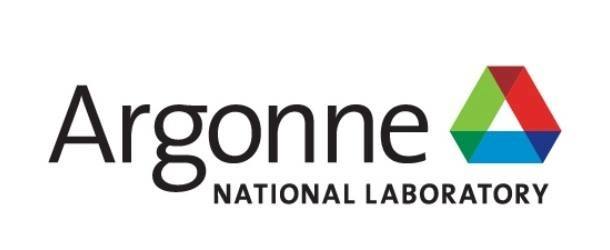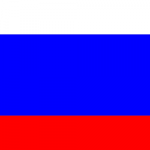Blueprint for a Powerful Quantum Future with Defect-Based Quantum Systems

(IllinoisNewsToday) Solid-state systems such as semiconductors work due to defects introduced in the tightly ordered arrangement of atoms in crystalline materials such as silicon. Surprisingly, defects also play an important role in the quantum world.
Researchers at the US Department of Energy’s (DOE) Argonne National Laboratory, the University of Chicago, and scientific laboratories and universities in Japan, South Korea, and Hungary have provided guidelines that will be a valuable resource for discovering new defect-based quantum systems.
Such systems have the potential to be applied in quantum communications, sensing, and computing, which can revolutionize society. Quantum communication enables the quantum Internet by delivering quantum information robustly and safely over long distances. Quantum sensing has the potential to achieve unprecedented sensitivity to measurements of biological, astronomical, technical and military interest. Quantum computing can reliably simulate the behavior of matter down to the atomic level, and in some cases, simulate new drugs for discovery.
The team has derived design guidelines based on an extensive review of the vast knowledge gained over the last few decades regarding spin defects in solid materials.
“The flaw we are interested in here is the isolated distortion in the orderly arrangement of atoms in the crystal,” said Joseph Hellemans, a scientist in Argonne’s Department of Molecular Engineering and Materials Science, and Pritzker, University of Chicago. The Faculty of Molecular Engineering explained.
This work also lays the foundation for designing scalable semiconductor quantum devices and works well with Q-NEXT, a DOE-funded quantum information science research center led by Argonne. Q-NEXT’s goals include establishing a semiconductor quantum “foundry” for developing quantum interconnects and sensors.
“Our team’s guidelines serve as a blueprint to assist in directing the Q-NEXT mission in the design of next-generation quantum materials and devices,” said Argonne, Professor of Materials Science at the University of Chicago, Liew Family. David Awschalom, senior scientist in the department, said. He is a professor at the Pritzker Architecture Prize in Chicago and a director of both Chicago Quantum Exchange and Q-NEXT. “For quantum technology with spin, this work sets the stage and tells us how to move forward in the field.”



















